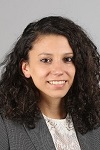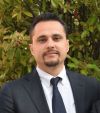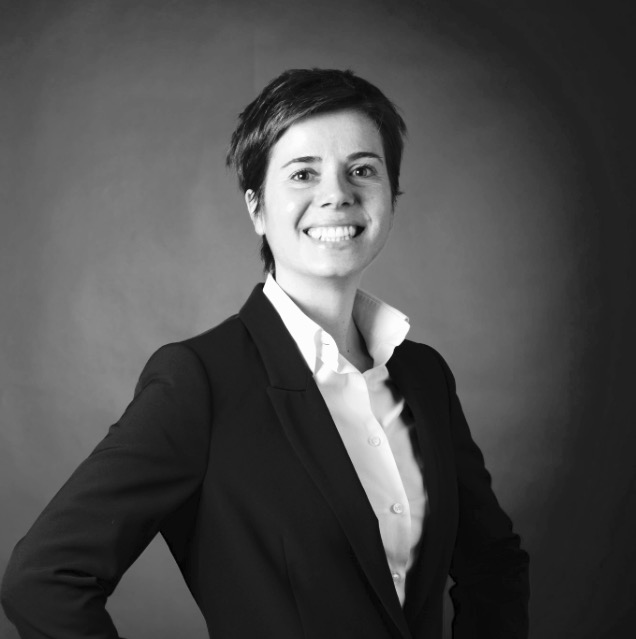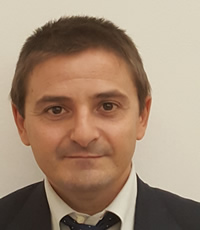Studying at the University of Verona
Here you can find information on the organisational aspects of the Programme, lecture timetables, learning activities and useful contact details for your time at the University, from enrolment to graduation.
Academic calendar
The academic calendar shows the deadlines and scheduled events that are relevant to students, teaching and technical-administrative staff of the University. Public holidays and University closures are also indicated. The academic year normally begins on 1 October each year and ends on 30 September of the following year.
Course calendar
The Academic Calendar sets out the degree programme lecture and exam timetables, as well as the relevant university closure dates..
| Period | From | To |
|---|---|---|
| primo semestre magistrali | Sep 30, 2019 | Dec 20, 2019 |
| secondo semestre magistrali | Feb 24, 2020 | May 29, 2020 |
| Session | From | To |
|---|---|---|
| Sessione invernale magistrali | Jan 7, 2020 | Feb 21, 2020 |
| Sessione estiva magistrali | Jun 3, 2020 | Jul 10, 2020 |
| Autumn Session exams | Aug 24, 2020 | Sep 11, 2020 |
| Session | From | To |
|---|---|---|
| Autumn Session | Dec 2, 2019 | Dec 4, 2019 |
| Winter Session | Apr 7, 2020 | Apr 9, 2020 |
| Summer session | Sep 7, 2020 | Sep 9, 2020 |
Exam calendar
Exam dates and rounds are managed by the relevant Economics Teaching and Student Services Unit.
To view all the exam sessions available, please use the Exam dashboard on ESSE3.
If you forgot your login details or have problems logging in, please contact the relevant IT HelpDesk, or check the login details recovery web page.
Should you have any doubts or questions, please check the Enrollment FAQs
Academic staff

Bullini Orlandi Ludovico
 ludovico.bulliniorlandi@univr.it
ludovico.bulliniorlandi@univr.it
 045 802 8095
045 802 8095
 tomas.chiaramonte@univr.it
tomas.chiaramonte@univr.it
 martina.menon@univr.it
martina.menon@univr.it
 giovanni.sandrini@univr.it
giovanni.sandrini@univr.it
Study Plan
The Study Plan includes all modules, teaching and learning activities that each student will need to undertake during their time at the University.
Please select your Study Plan based on your enrollment year.
1° Year
| Modules | Credits | TAF | SSD |
|---|
1 module to be chosen between2° Year activated in the A.Y. 2020/2021
| Modules | Credits | TAF | SSD |
|---|
1 module to be chosen between1 module to be chosen between1 module to be chosen between| Modules | Credits | TAF | SSD |
|---|
1 module to be chosen between| Modules | Credits | TAF | SSD |
|---|
1 module to be chosen between1 module to be chosen between1 module to be chosen between| Modules | Credits | TAF | SSD |
|---|
Legend | Type of training activity (TTA)
TAF (Type of Educational Activity) All courses and activities are classified into different types of educational activities, indicated by a letter.
Type D and Type F activities
| years | Modules | TAF | Teacher | |
|---|---|---|---|---|
| 1° | Parlare in pubblico e economic writing | D |
Martina Menon
(Coordinator)
|
|
| 1° | Simulation and Implementation of Economic Policies | D |
Federico Perali
(Coordinator)
|
|
| 1° 2° | Enactus Verona 2020 | D |
Paola Signori
(Coordinator)
|
|
| 1° 2° | Samsung Innovation Camp | D |
Marco Minozzo
(Coordinator)
|
|
| years | Modules | TAF | Teacher | |
|---|---|---|---|---|
| 1° | Parlare in pubblico e economic writing | D |
Martina Menon
(Coordinator)
|
|
| 1° | Simulation and Implementation of Economic Policies | D |
Federico Perali
(Coordinator)
|
|
| 1° 2° | Predictive analytics for business decisions - 2019/20 | D |
Claudio Zoli
(Coordinator)
|
|
| 1° 2° | Professional communication for economics - 2019/20 | D |
Claudio Zoli
(Coordinator)
|
|
| 1° 2° | Regulation, procurement and competition - 2019/20 | D |
Claudio Zoli
(Coordinator)
|
|
Corporate Strategy and Business Policy (2019/2020)
Teaching code
4S00462
Teacher
Coordinator
Credits
9
Language
Italian
Scientific Disciplinary Sector (SSD)
SECS-P/07 - BUSINESS ADMINISTRATION AND ACCOUNTING STUDIES
Period
primo semestre magistrali dal Sep 30, 2019 al Dec 20, 2019.
Learning outcomes
This course is aimed at introducing the core concepts of the business strategy. Therefore, starting from the origin and the evolution of the business strategy, the course will be focused on the definition and the comprehension of the business strategy’s core concept: the value model of the firm. Throughout the course students acquire competences and skills to analyse in an effective and critical way the core concepts of business strategy and to apply them within firms strategic planning processes.
Program
- Business strategy: origin and evolution
- The competitive structure’s elements: resources, choice and results
- The combination of resources, capabilities and competences
- The production technology portfolio
- The competitive position
- The configuration of the competitive processes
- The competitive arenas
- The critical success factors
- The resulting competitive position
| Author | Title | Publishing house | Year | ISBN | Notes |
|---|---|---|---|---|---|
| Vari | Materiali distribuiti in aula dal docente e caricati sulla piattaforma e-learning. | 2017 | |||
| BERETTA ZANONI A., VERNIZZI S. | STRATEGIA E PIANO AZIENDALE | EGEA | 2020 | 9788823822986 |
Examination Methods
Written examination. The examination consists of open questions aimed at evaluating the students's capability of analyzing in a critical, personal and effective way the concepts studied during the course classes.
The evaluation is based on a 30-point scale.
Career prospects
Module/Programme news
News for students
There you will find information, resources and services useful during your time at the University (Student’s exam record, your study plan on ESSE3, Distance Learning courses, university email account, office forms, administrative procedures, etc.). You can log into MyUnivr with your GIA login details: only in this way will you be able to receive notification of all the notices from your teachers and your secretariat via email and soon also via the Univr app.




















